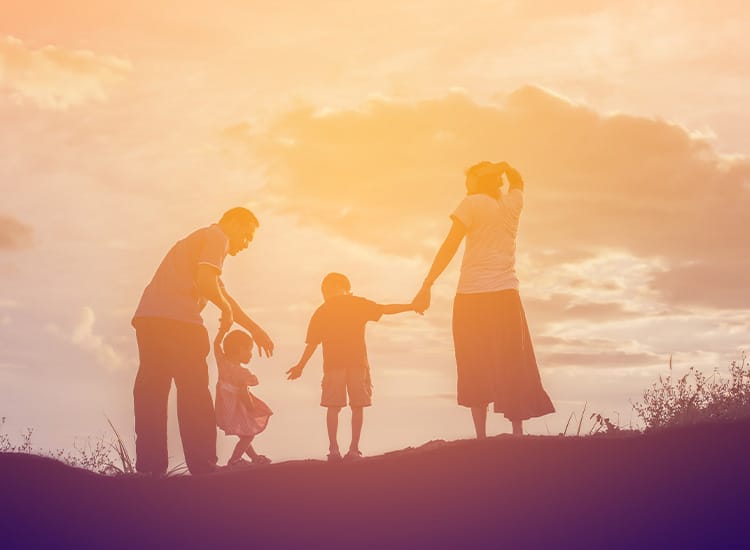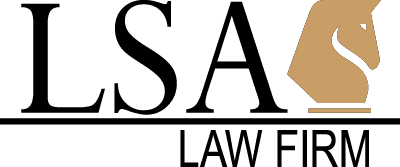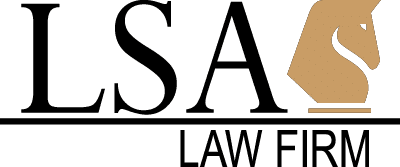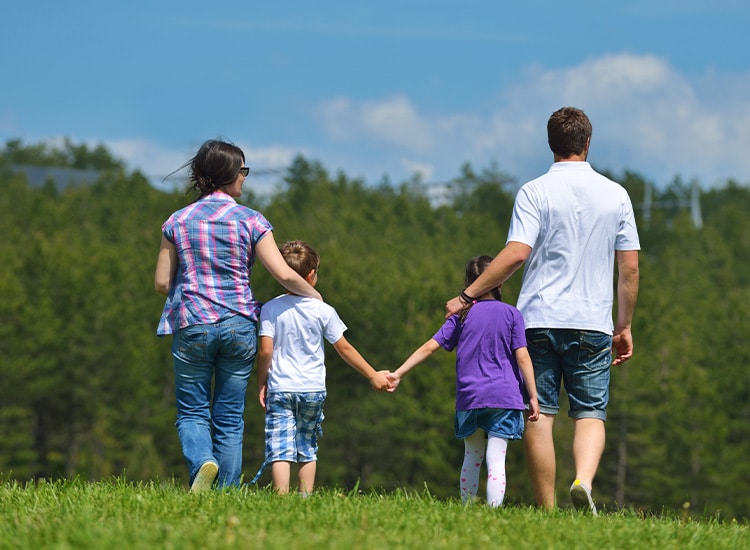Children are the foundation of every society, and their well-being and protection are the primary responsibility of the state, the community, and the family. In Armenia, the protection of children’s rights is based on both national and international legal norms. This article will provide a detailed overview of how children’s rights are safeguarded and promoted in Armenia, focusing on the legal responsibilities of families, educational institutions, and the state.
Legal Basis for Children’s Rights in Armenia
The Republic of Armenia is a signatory to the United Nations Convention on the Rights of the Child (1989), which affirms that every child has the right to:
- Life
- Development
- Protection
- Freedom of expression and the right to be heard
This Convention is legally binding in Armenia and forms the foundation of the country’s child protection policy.
National Legislation of the Republic of Armenia
The main legal documents protecting children in Armenia include:
- The Constitution of the Republic of Armenia
- The Law of the Republic of Armenia on the Rights of the Child (1996)
- The Family Code of the Republic of Armenia
- The Law on Education of the Republic of Armenia
- Laws on Social Protection of the Republic of Armenia
These laws ensure comprehensive protection of children’s rights in various environments.
Family Responsibilities in Child Protection

The family is the primary and most fundamental environment for a child’s protection. Parents, as the child’s legal guardians, have both legal and moral obligations:
Responsibilities:
- Ensuring the child’s physical, mental, and moral development
- Organizing education in accordance with the child’s abilities
- Providing access to healthcare services
- Representing the child’s interests in state and public institutions
- Preventing violence, neglect, and exploitation of the child
Negligence:
If parents violate the child’s interests, Armenian law provides for:
- Restriction or deprivation of parental rights
- Placement of the child under alternative care (such as a guardian family or a state institution)
Responsibilities of Schools and the Education System
Educational institutions are responsible not only for educating children but also for protecting their physical and psychological safety.
Key Responsibilities:
- Creating a safe learning environment free from pressure, violence, or discrimination
- Providing appropriate training for teachers and staff on proper conduct with children
- Immediately informing parents and social services in cases of violence or danger
- Ensuring the confidentiality of students’ personal data
- Implementing awareness programs on students’ rights
Violence Prevention Program in Schools
As of 2025, the Ministry of Education, Science, Culture and Sports of Armenia has introduced “Violence Prevention and Response Mechanisms” in schools. These include:
- Involvement of psychologists
- Monitoring of teacher behavior
- Anonymous reporting systems (available to both students and parents)
The State’s Obligations
As the guarantor of children’s rights, the state holds constitutional and legislative responsibilities for child protection. These protective functions are carried out through various government agencies, including:
1. Ministry of Labor and Social Affairs
- Responsible for guardianship and trusteeship matters
- Organizes the care of children separated from their families (e.g., foster families, orphanages)
- Oversees the adoption process
2. Police and Law Enforcement Agencies
- Involved in identifying and preventing violations of children’s rights
- Have specialized units dealing with juvenile affairs (e.g., juvenile departments)
3. Ministry of Health
- Ensures children’s health from birth onward
- Implements immunization programs
- Provides mental health support
4. Ministry of Education
- Guarantees the right to free and compulsory secondary education
- Develops and reforms educational programs with the best interests of the child in mind
Liability for Violating Children’s Rights
Armenian legislation provides for civil, administrative, and criminal liability in cases where children’s rights are violated.
For example:
- Acts of violence against a child are punishable under criminal law.
- Child exploitation (including forced labor, pornography, or trafficking) is punishable by law and may lead to imprisonment.
- Parents may face administrative fines if they deprive a child of education or refuse necessary medical care.
Awareness and Public Oversight
Child protection will only be effective when society is actively engaged as well. In Armenia, several NGOs and international organizations contribute to the awareness and protection of children’s rights, including:
- UNICEF Armenia
- Save the Children
- Aurora Humanitarian Initiative
- Local NGOs such as the “Armenian Lawyers’ Association,” “Hope and Support,” and others
These organizations help amplify cases of abuse.
Position and Reform Trends (2025)
In recent years, the Armenian government has actively implemented reforms aimed at strengthening child protection. Notable efforts include:
- Revision of child protection legislation in accordance with new international standards
- Inclusion of psychologists within the educational system
- Implementation of the “Safe School” program
- Development of non-formal education methods to help unlock children’s potential
Conclusion
Child protection in Armenia is built on a strong legal foundation and requires the coordinated participation of all parties—families, schools, the state, and society. Every child has the right to life, development, education, protection, and to be heard, and it is the responsibility of adults to ensure the full realization of these rights.
If you wish to seek assistance or report a case of child rights violation, you may contact the following institutions: The Human Rights Defender’s Office (Children’s Rights Protection) at www.ombuds.am and The Ministry of Labor and Social Affairs of Armenia at www.mlsa.am. For more in-depth legal consultation, you may reach out to the LSA Law Office.
When a society values the dignity and best interests of every child, it builds not only a protected childhood but also a prosperous future.







